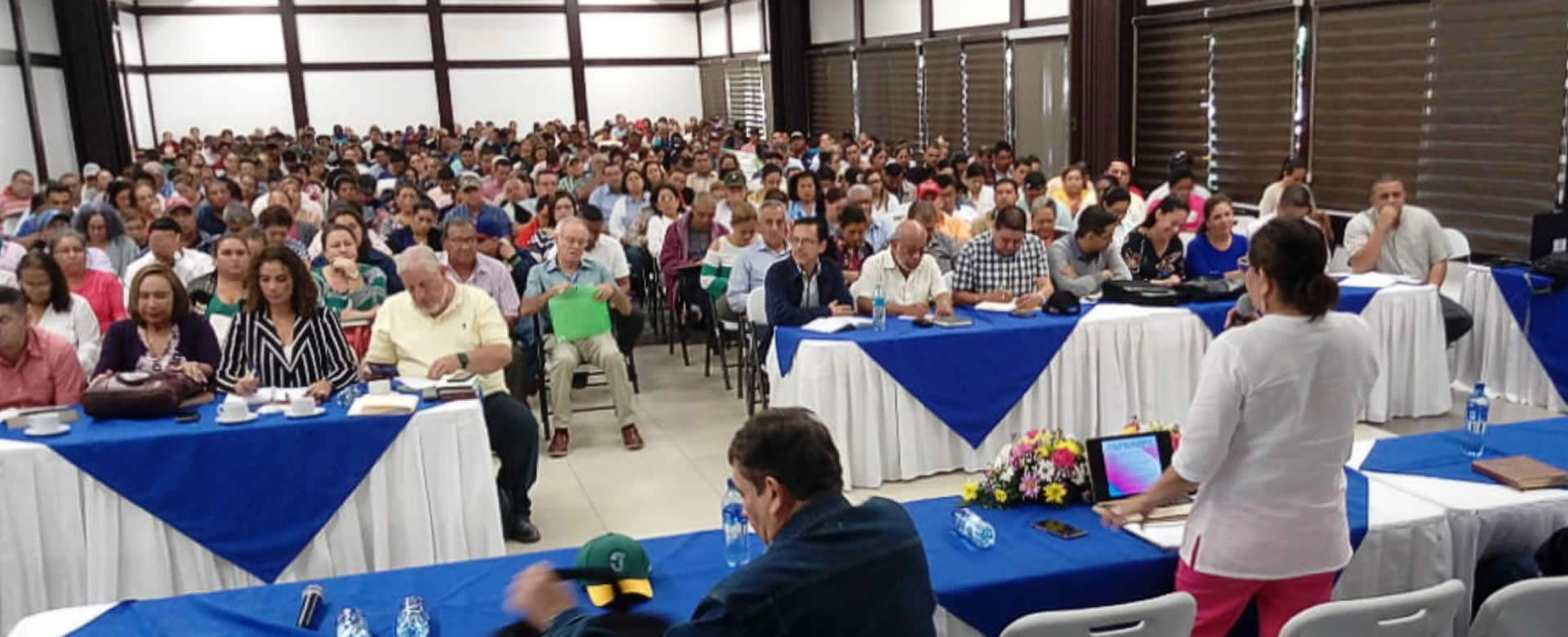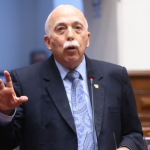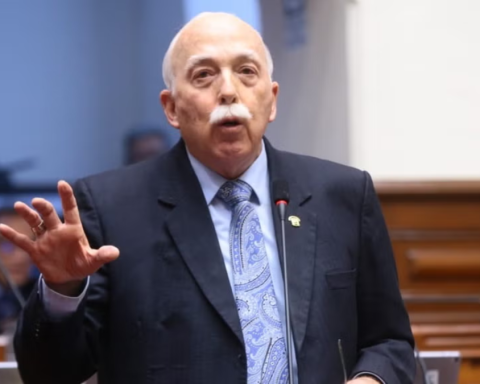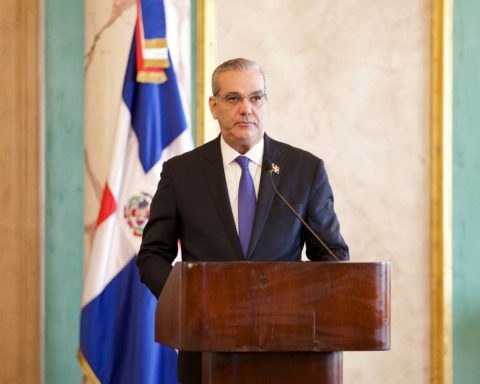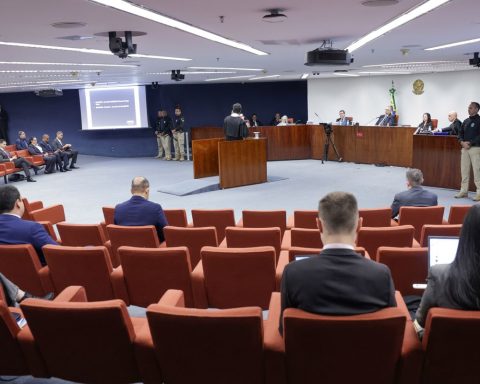Nicaragua is the second most corrupt country in Latin America, according to international reports that measure the Corruption Perception Index in the region. But this scourge is not only limited to the regime of Daniel Ortega and Rosario Murillo; but it has been implanted in municipal governments since the return of the Sandinista National Liberation Front (FSLN) to the Presidency of the Republic, the study concludes «Situation of municipal transparency in Nicaragua» prepared by the independent observatory Urnas Abiertas.
An analysis of data from the organization explains that corruption in the country is at the highest historical levels due to the scarce and insufficient information available on the finances of the central and municipal governments. Between 2015 and 2020, responsibilities were found in officials of 71 mayors with an economic damage of almost 1,500,000 dollars.
The Transparency and Accountability Index of the municipalities in Nicaragua, created by Open Polls, amounts to 28.75 out of a maximum score of 100. This places the country’s mayors with “little transparency in accountability.” The least transparent departmental capitals are Bluefields (18), Puerto Cabezas (18), Rivas (21) and San Carlos (21).
Related news: Open Polls: Nicaraguans, “dissatisfied” with the performance of their mayors
«The Transparency Index in 14 of the 17 municipal capitals, with the exception of Boaco, Jinotega and Managua, all the municipalities are below the level of the General Municipal Transparency Index, which indicates that they present little or almost no information for the municipal transparency”, highlights the document.
«The FSLN government has been characterized by being reluctant to render accounts, to transparency in its public management and from the beginning of its mandate the closure of social auditing spaces began to be perceived. The Offices of Access to Public Information (OAIP) were closed little by little, leaving only a few such as those of the Ministry of Finance and Public Credit, the Central Bank of Nicaragua, among others”, reveals Urnas Abiertas.
Little supervision of the CGR to the mayors
The report details that the Comptroller General of the Republic (CGR) performs a supervisory job that is not enough because from 2011 to 2020 the institution annually audited 58% of the country’s mayors.
“According to the information reported by the CGR management reports, between 2015 and 2020, responsibilities were found in officials of 71 mayors. In these, 319 municipal workers were given “administrative responsibility”, while 237 were given “civil responsibility”, and 49 were designated with “criminal presumption”, “he points out.
“For this investigation, a search was made on the CGR website for all the resolutions that implied a presumption of criminal responsibility, according to the management reports of this institution, managing to find 21 of the 29 resolutions. Of the 21 cases found, in 10 there was economic damage for more than a million cordobas », he adds.
Of the 21 cases with presumption of criminal responsibility, 14 of them involve the mayors who exercised their function in the audited period. There were 10 cases with millionaire figures (more than one million córdobas) in economic damage. The analysis was able to verify that, in most of the reported facts, these resolutions did not follow the established course of the investigations and it was vanished.
«The CGR carries out actions of lesser impact that do not resolve, in a structural or conjunctural way, the precarious state of municipal transparency. The CGR is not auditing the municipalities at optimal times, which does not allow the detection of acts of corruption by the officials in office, until they have left their positions… the audits are limited to financial reviews, while the citizenry does not have mechanisms of complaints so that local corruption is prevented, investigated and sanctioned”, he explains.
Open Ballot Boxes compiled data available in the Ministry of Finance and Public Credit, the Comptroller General of the Republic, and websites of mayors to present an index of transparency and accountability of municipalities in the country. They analyzed information on municipal budgets and contracts, audits carried out by the Comptroller General of the Republic (CGR) and citizen participation in municipal councils.
